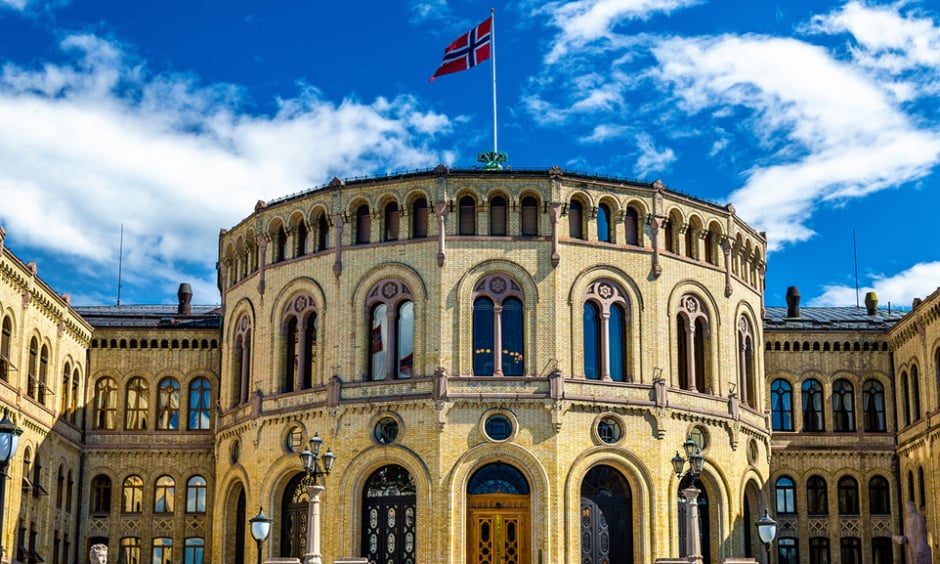BACKGROUND
Paediatric migraine is a common medical problem with consecutive impairment in psychosocial development.1-3 Concurrently, school-age children with migraine (SCM) commonly experience sleep disturbances in the form of insufficient sleep, bedwetting, parasomnias, and excessive daytime sleepiness which negatively influence their school performance.4,5
OBJECTIVES
This study aimed to investigate the existence and types of sleep and psychiatric abnormalities in SCM.
METHODS
The study included 40 SCM and 20 age and sex-matched healthy control subjects submitted to headache induced disability assessment used the Pediatric Migraine Disability Assessment questionnaire (PedMIDAS). Psychiatric assessments were done using the Arabic-translated and validated versions of the Child Behavior Checklist (CBCL), and sleep assessment used the Epworth Sleepiness Scale for Children and Adolescents (ESS-CHAD) as well as one-night polysomnography.
RESULTS
SCM showed higher incidence of psychiatric disorders than healthy control subjects. The most common psychiatric disturbances included anxious depressed symptoms, withdrawal depressed symptoms, social problem, somatic complaints, and attention problems. At the same time, SCM experienced excessive daytime sleepiness as well as polysomnography abnormalities in the form of decreased total sleep time and sleep efficiency, in addition to increased sleep latency, wake after sleep onset, arousal index, and rapid eye movement sleep without atonia index. The headache-induced disability measured by PedMIDAS was positively correlated with each of wake after sleep onset, sleep stage transition index, arousal index, as well as periodic limb movement index, and negatively correlated with total sleep time and sleep efficiency.
CONCLUSION
Sleep and psychiatric abnormalities are common paediatric migraine comorbidities greatly reducing headache control and school performance in a very important period of psychosocial development.








